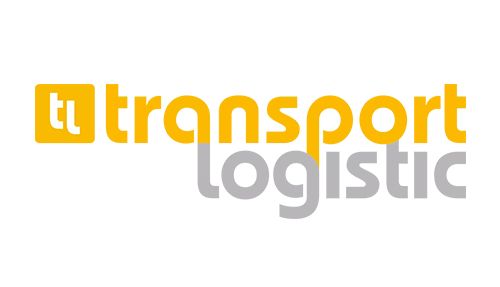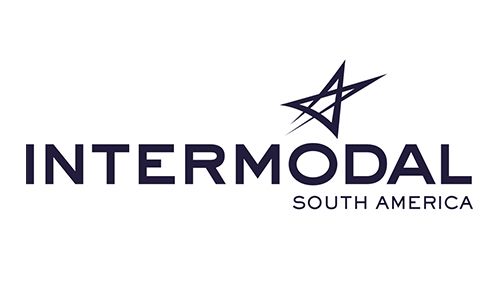Easier Debt Recovery for Freight Forwarders?
European Justice Ministers announced an agreement at the end of 2013 to proceed with the European Account Preservation Order, or EAPO. According to law firms and other advisory boards, the progression of the proposal should provide some good news to businesses involved in shipping and transportation related to intra-European trade. The good news for those in the shipping or transportation industries means that this proposal, if passed into law, will make it easier to recover debts because it provides an avenue for the freezing of bank accounts throughout the continent.
More Harmonious
The goal of the proposal is to pass laws in the European Parliament that will create an environment with decreased barriers to intra-European trade. Currently, creditors are finding it difficult to recover debts that are held by debtors outside of the creditor’s domestic market. Part of this is due to the still poor, yet growing economies of Europe that are recovering from the global economic crisis.
Experts put their current estimates at roughly 2.6% of their yearly turnover to bd debts. Even more severely troubled by the difficulty in recovering debts over borders are the million or so small and medium-sized enterprises (SMEs). It has been reported that this group of creditors loses about 600 million euros per year as write offs because they are effectively scared off before even taking the first few steps of preserving the assets of debtors abroad.
Less Prohibitive
It’s widely understood that it is essential for creditors to have efficient access to the accounts of debtors before their assets have moved or dissipated. However, under the differing laws of the EU member states can create contradictory, confusing, and expensive processes for creditors attempting to recover assets from debtors. In fact, in some EU member states, it can be impossible for a creditor to obtain the information regarding a debtor’s bank details and the whereabouts of their bank accounts. Also, in countries that do allow it, the fees that are required can only be described as prohibitive.
Those promoting the proposal believe that the EAPO should be pleased by the benefits the proposal will bring to anyone transporting goods via, land, sea, or rail. According to those with an in depth knowledge of the law, bad debtors will have their assets frozen until a judge has made a determination in regards to the debt in question. It also essentially allows creditors access to the tools to properly be informed of their debtor’s account whereabouts and activities. Also, it will eliminate the prohibitive barriers that are present in some member states.What It Doesn’t Change
The EAPO does not make any changes to the systems of the country in regards to the seizing of assets. Instead it will become a procedural path for companies to follow and allow for creditors to act more quickly to effectively claim their debts from bad debtors.
Be aware that this has not come into effect yet, as it is still awaiting a final agreement. Following such, it must be agreed to upon by the European Parliament, and after that it is up to the member states to ratify the law and bring it into effect.Member Testimonials
Our Partners
Vendor Partners
X2 Conference
Our special networking event is about smart freight forwarders coming together to grow and develop business within the group by providing an opportunity for all members to gather in one place to form and extend personal relationships.
- 1
- 2
- 3
- 4
- 5
- 6
- 7
- 8
- 9
- 10
- 11
- 12

NEW YORK
- 1
- 2
- 3
- 4
- 5
- 6
- 7
- 8
- 9
- 10
- 11
- 12

sao paulo
- 1
- 2
- 3
- 4
- 5
- 6
- 7
- 8
- 9
- 10
- 11
- 12

london
- 1
- 2
- 3
- 4
- 5
- 6
- 7
- 8
- 9
- 10
- 11
- 12

dubai
- 1
- 2
- 3
- 4
- 5
- 6
- 7
- 8
- 9
- 10
- 11
- 12

bangkok
- 1
- 2
- 3
- 4
- 5
- 6
- 7
- 8
- 9
- 10
- 11
- 12

hong kong
- 1
- 2
- 3
- 4
- 5
- 6
- 7
- 8
- 9
- 10
- 11
- 12

tokyo
- 1
- 2
- 3
- 4
- 5
- 6
- 7
- 8
- 9
- 10
- 11
- 12

sydney
Book a Discovery Call with our Network Development Managers
Got questions or want to explore new opportunities within our networks? Schedule a one on one meeting with our Network Development Managers.


























.jpg)












